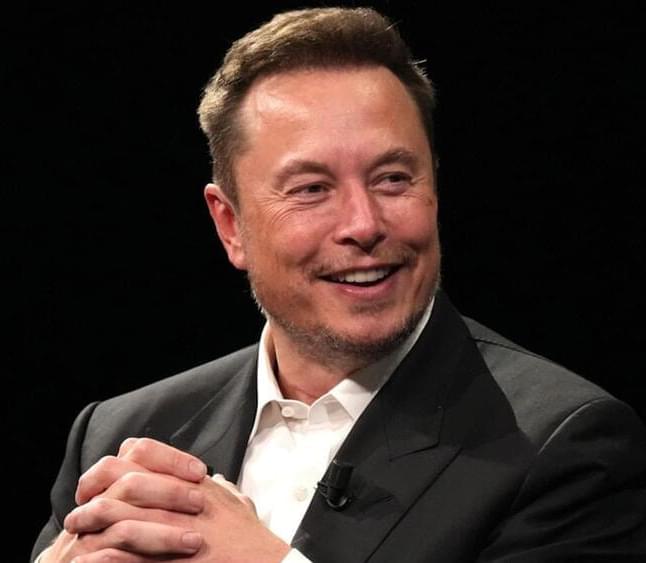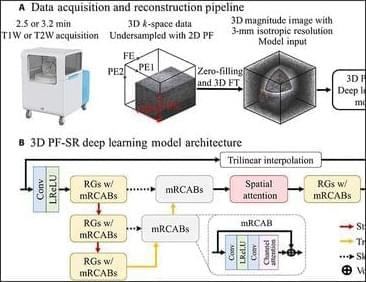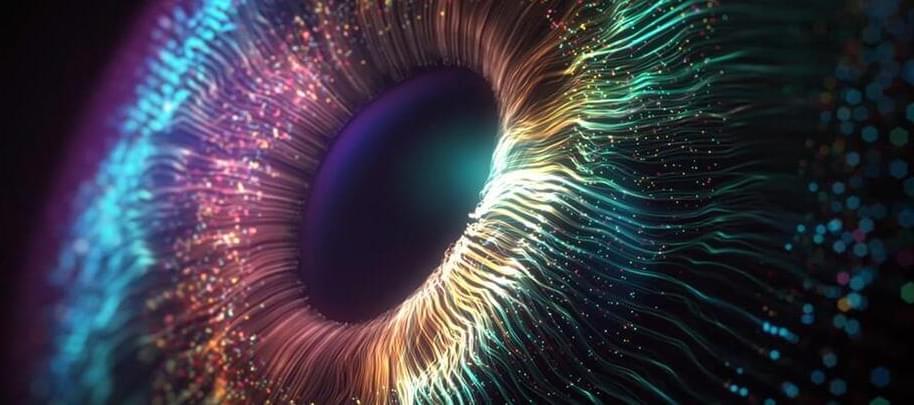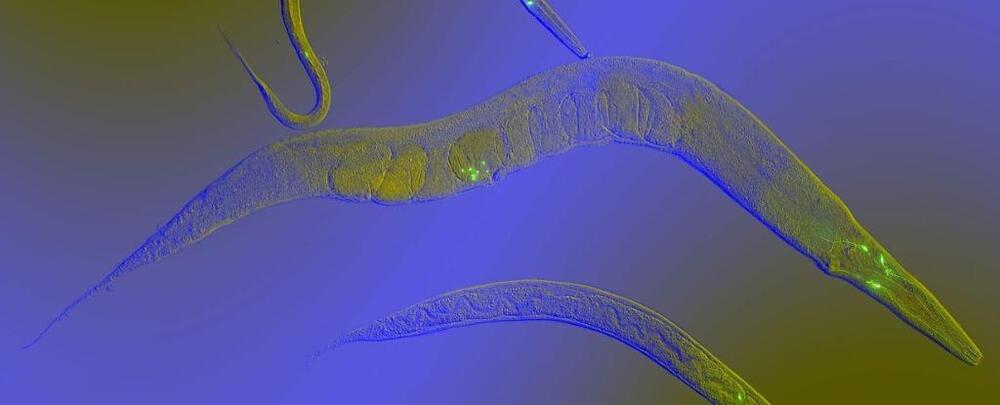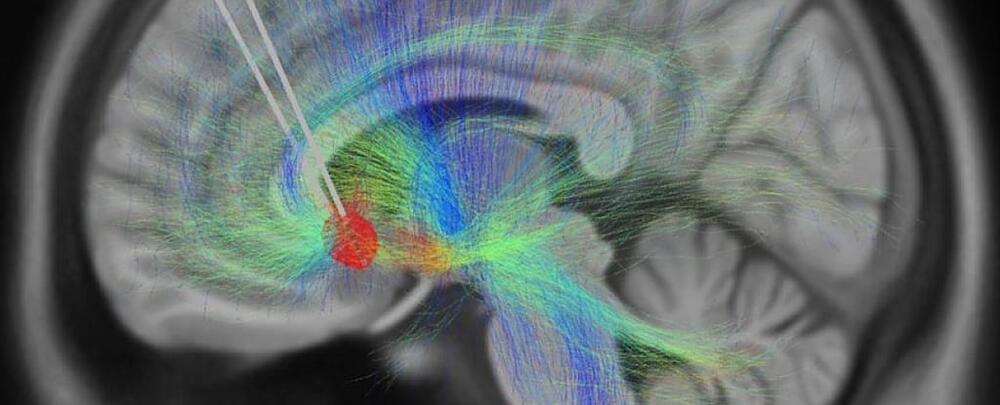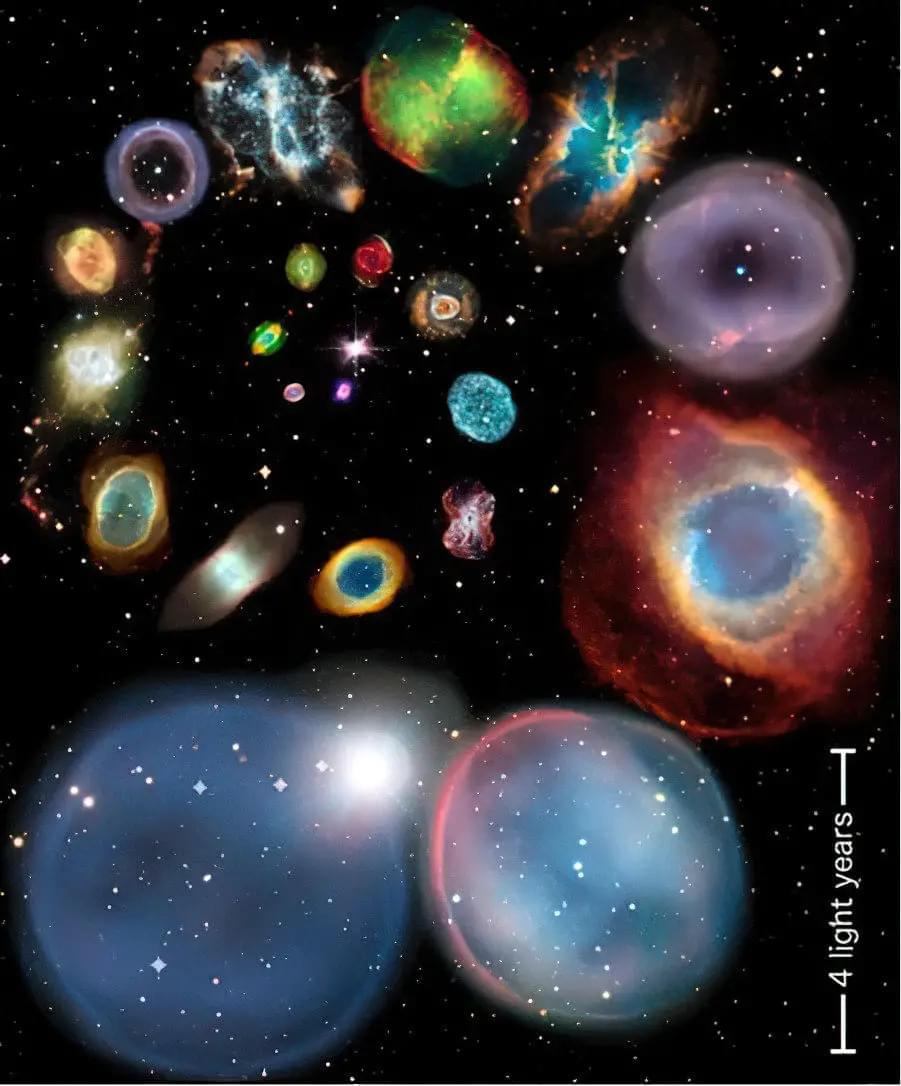CERN’s data store has now crossed the remarkable capacity threshold of one exabyte, meaning that CERN has one million terabytes of disk space ready for data!
CERN’s data store not only serves LHC physics data, but also the whole spectrum of experiments and services needing online data management. This data capacity is provided using 111 000 devices, predominantly hard disks along with an increasing fraction of flash drives. Having such a large number of commodity devices means that component failures are common, so the store is built to be resilient, using different data replication methods. These disks, most of which are used to store physics data, are orchestrated by CERN’s open-source software solution, EOS, which was created to meet the LHC’s extreme computing requirements.
“We reached this new all-time record for CERN’s storage infrastructure after capacity extensions for the upcoming LHC heavy-ion run,” explains Andreas Peters, EOS project leader. “It is not just a celebration of data capacity, it is also a performance achievement, thanks to the reading rate of the combined data store crossing, for the first time, the one terabyte per second (1 TB/s) threshold.”
